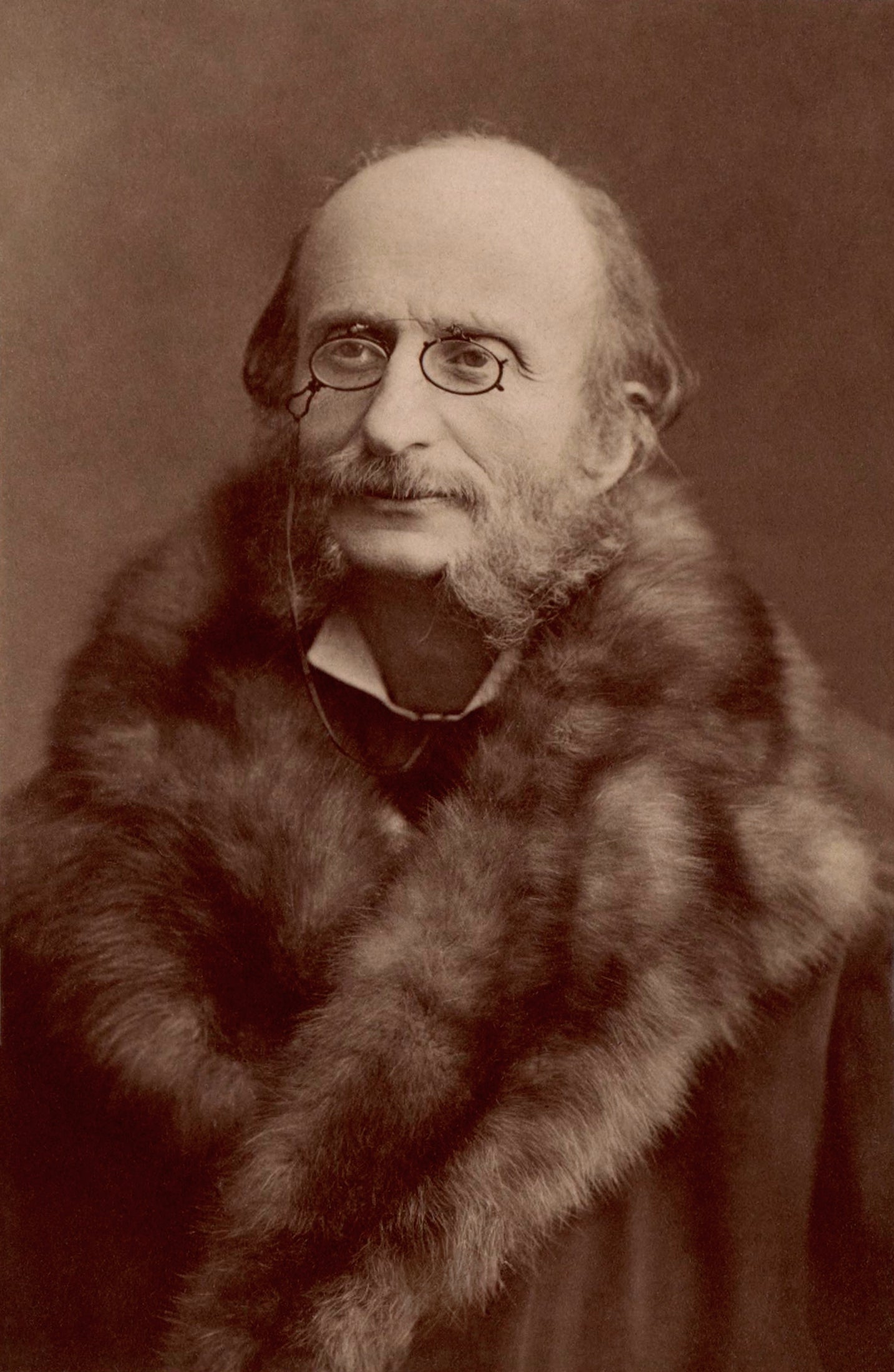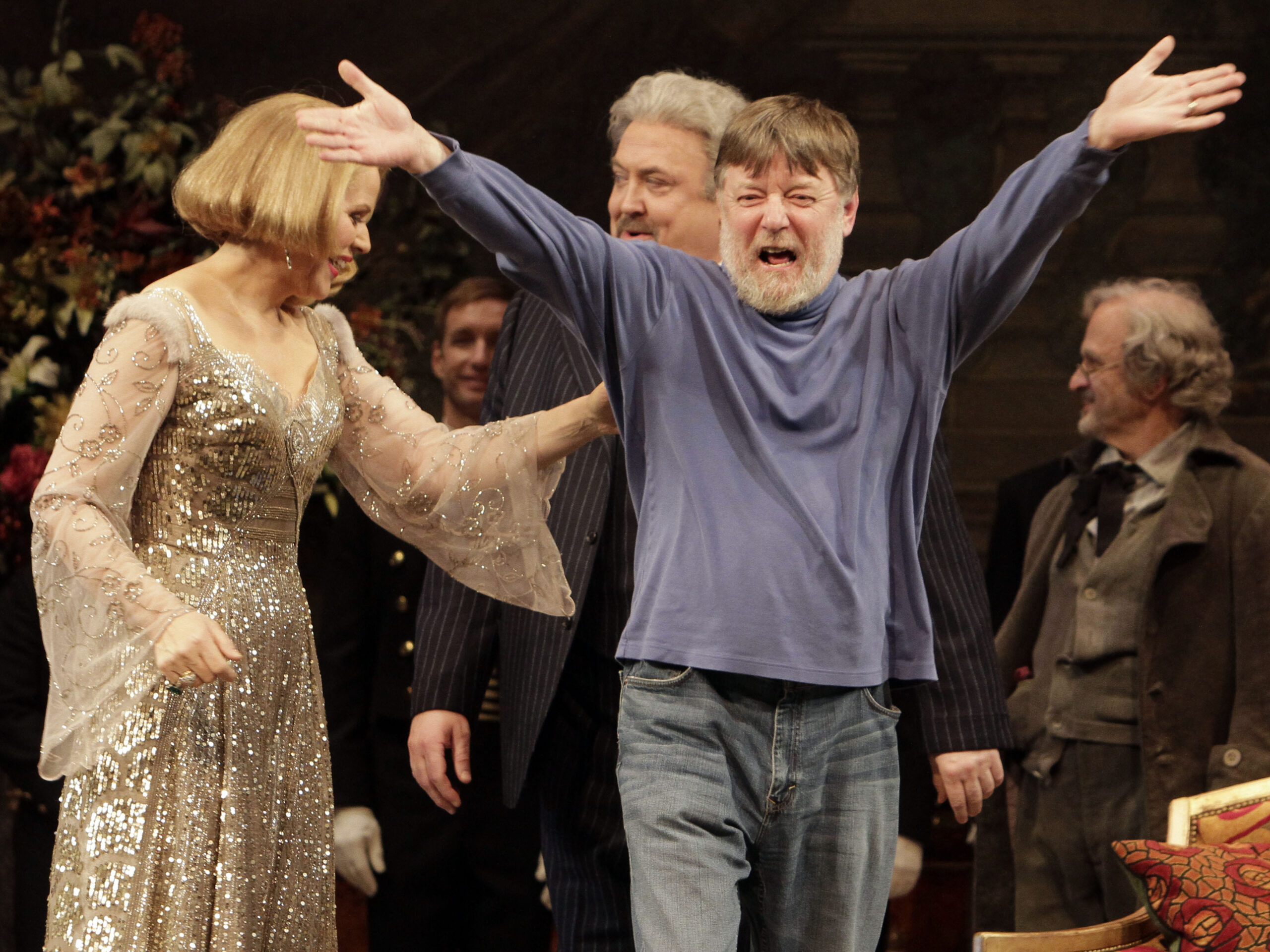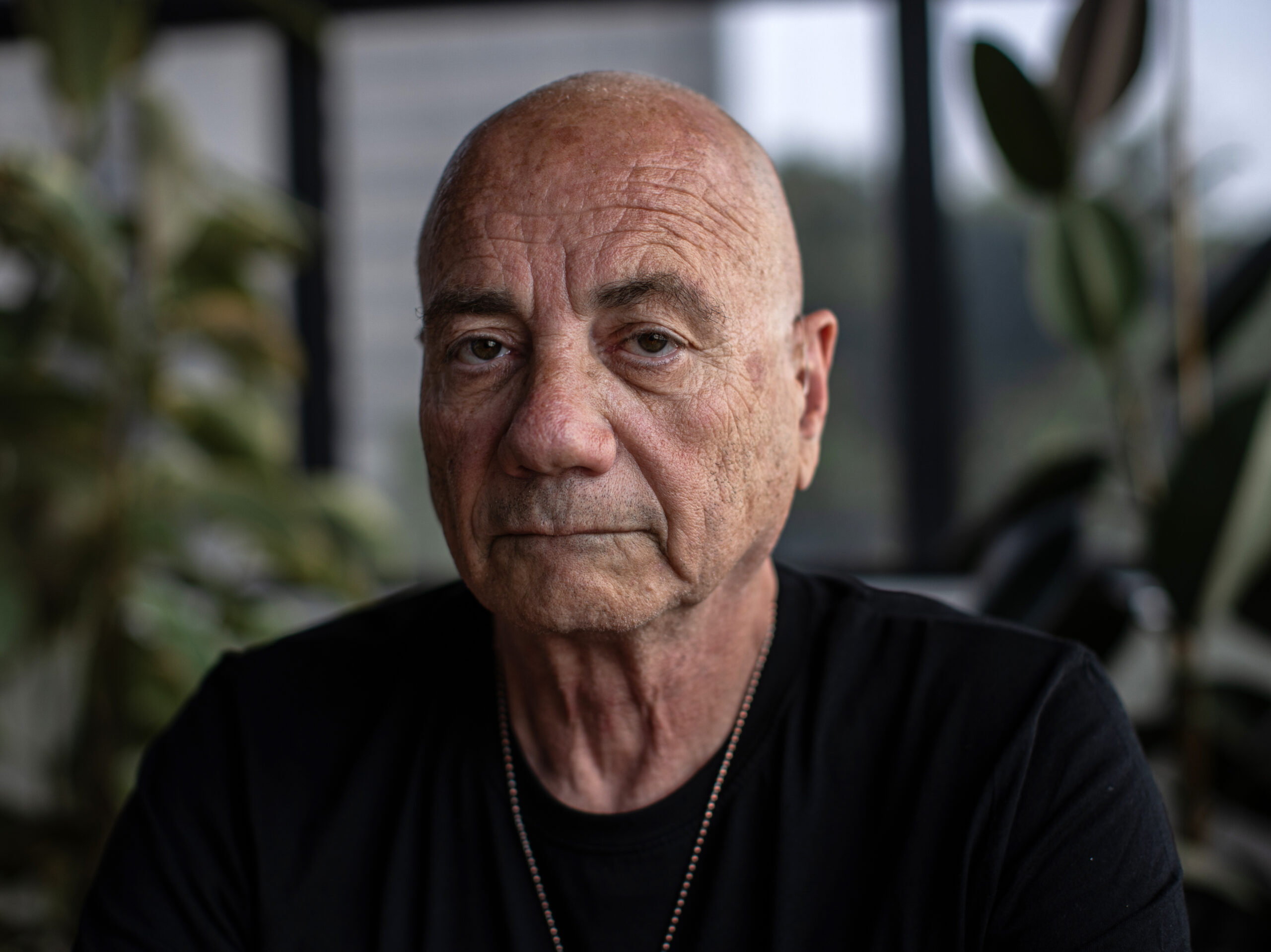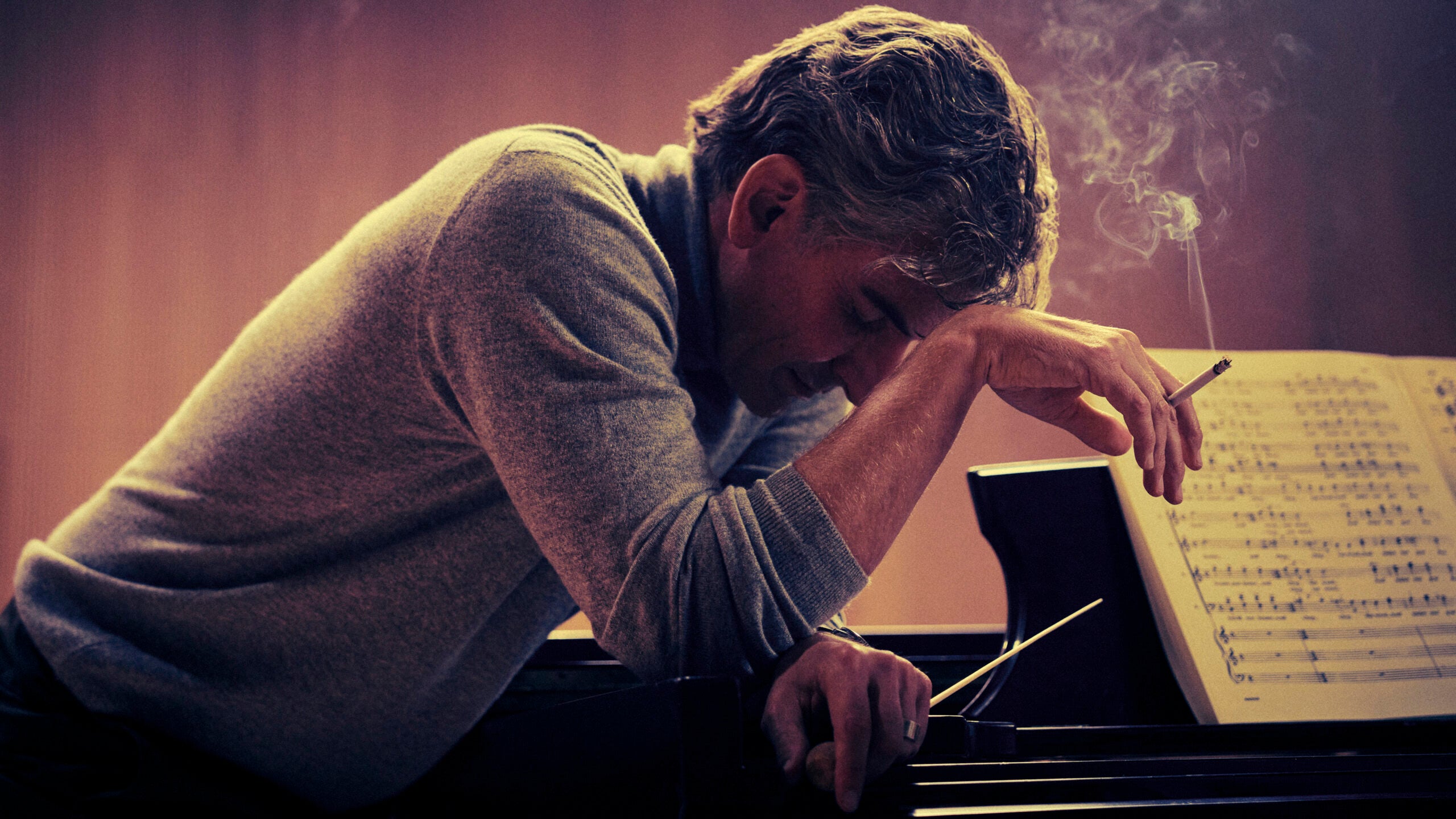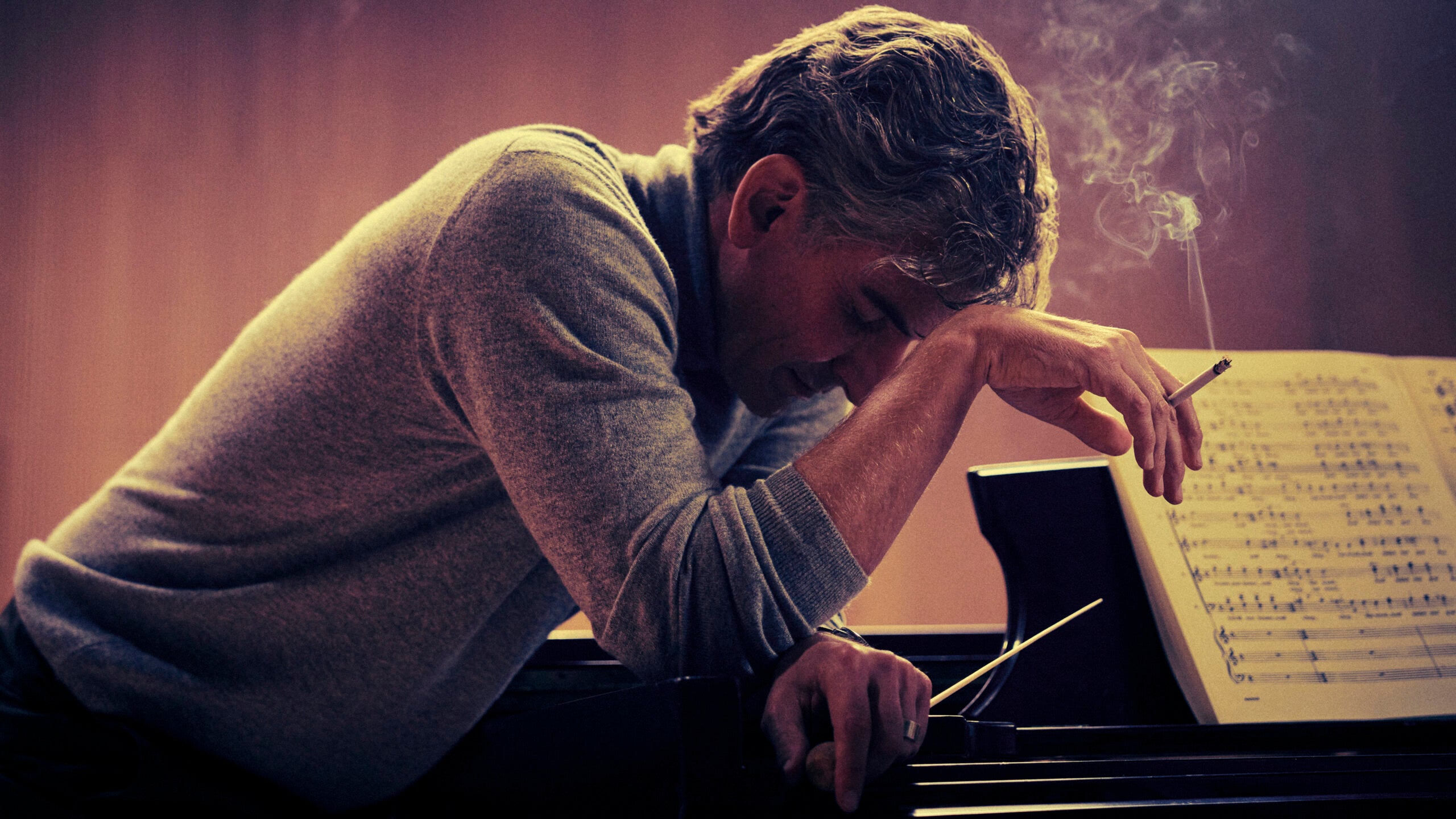Eighteen-seventy-one. It was the end of an epic in France. Years of opulence and gaiety had been blasted by the grim, disastrous Franco-Prussian War. One of the less obvious casualties was a musician huddled in an oversized coat. He was Jacques Offenbach, composer of buoyant operettas that must’ve seemed like relics from a bygone day.
Offenbach was attending a rehearsal for the revival of his operetta The Brigands.The chorus sang the drinking song at the end of the first act. They were drab and uninspired. During intermission they spoke not of the operetta but of their war experiences.
Offenbach was sitting on the forestage, crippled with gout, shivering beneath a heavy coat although the day was warm. At first he told his friend, the librettist Ludovic Halevy, that he was too downhearted to interfere. Then suddenly he jumped to his feet, angrily shaking his walking stick, and shouted, “What do you think you’re singing, ladies? Start all over again, the whole finale all over again from the beginning!”
Stay informed on the latest news
Sign up for WPR’s email newsletter.
He strode over to the conductor at the piano and took over, now full of strength and energy. He started singing and shouting. The singers dozing in the back row came to life.
He flung away his overcoat and started counting the tempo with all his strength. He smacked the piano so hard that his walking stick broke in two. He swore, threw the stump on the floor, and grabbed the violin bow from the startled conductor. He went on beating the time with frightening force–no longer the same man. The players were no longer the same and neither were the singers. The finale of the operetta sparkled with gaiety and cheerfulness and surged forth with a sweeping rhythm.
As the last note sounded, everyone applauded Offenbach enthusiastically as he sank back down in his seat, exhausted.
“I’ve broken my stick,” he said, “but I’ve saved my finale.” For a few minutes Offenbach had also brought back the joy that Parisians had felt before the ravages of war.
Wisconsin Public Radio, © Copyright 2024, Board of Regents of the University of Wisconsin System and Wisconsin Educational Communications Board.

